The gangs of Jesse James and Cole Younger join forces to rob the First National Bank in Northfield, Minnesota, but things do not go as planned.
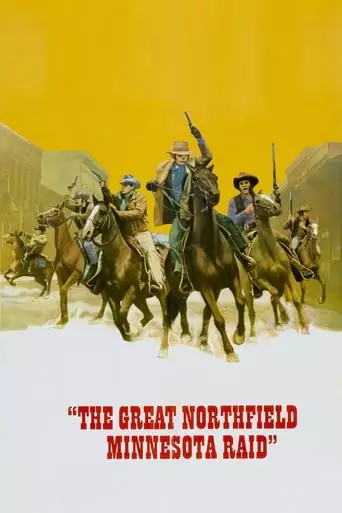
The gangs of Jesse James and Cole Younger join forces to rob the First National Bank in Northfield, Minnesota, but things do not go as planned.
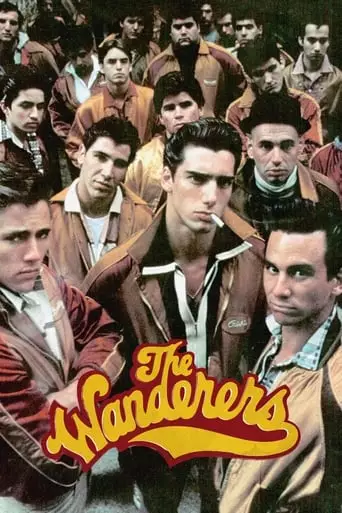
The streets of the Bronx are owned by ’60s youth gangs where the joy and pain of adolescence is lived. Philip Kaufman tells his take on the novel by Richard […]
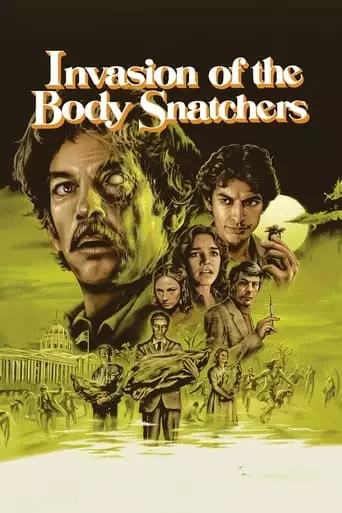
Matthew Bennell notices that several of his friends are complaining that their close relatives are in some way different. When questioned later they themselves seem changed, as they deny everything […]
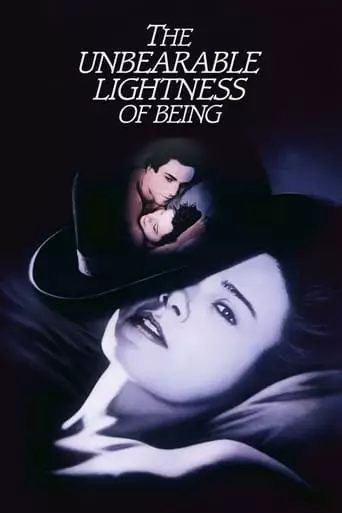
Successful surgeon Tomas leaves Prague for an operation, meets a young photographer named Tereza, and brings her back with him. Tereza is surprised to learn that Tomas is already having […]
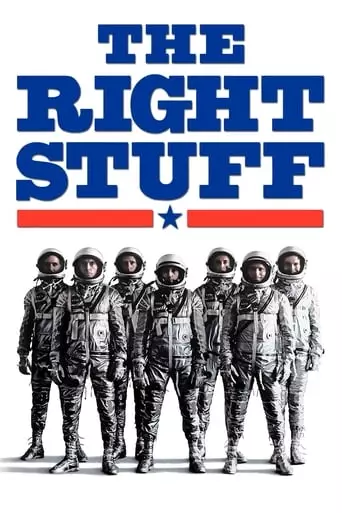
A chronicle of the original Mercury astronauts in the formation of America’s space program: Alan Shepherd, the first American in space; Gus Grissom, the benighted astronaut for whom nothing works […]
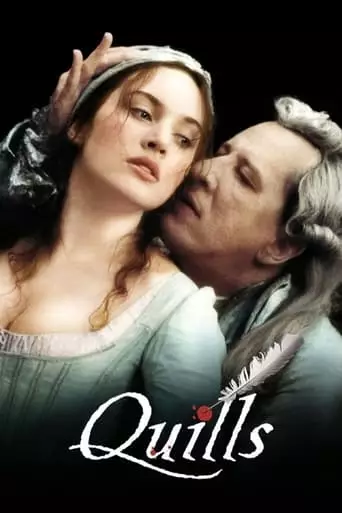
A nobleman with a literary flair, the Marquis de Sade lives in a madhouse where a beautiful laundry maid smuggles his erotic stories to a printer, defying orders from the […]
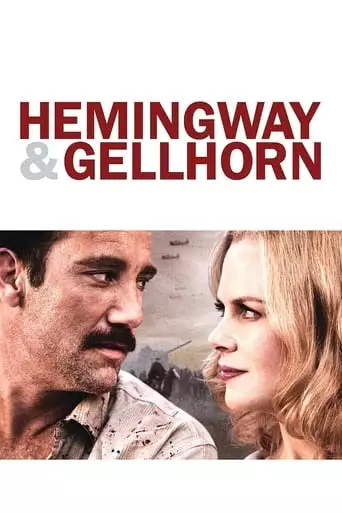
Writer Ernest Hemingway begins a romance with fellow scribe Martha Gellhorn.
Philip Kaufman: A Visionary of Ambitious and Provocative Cinema
Philip Kaufman is an American filmmaker renowned for his bold storytelling, intellectual depth, and willingness to tackle provocative and challenging subjects. With a career spanning over five decades, Kaufman has directed films that blur genre boundaries, offering thought-provoking explorations of history, human relationships, and the boundaries of art and freedom.
From the gripping space exploration epic The Right Stuff (1983) to the sensual and controversial The Unbearable Lightness of Being (1988), Kaufman’s work reflects a director unafraid to push cinematic and narrative boundaries.
Early Life and Career Beginnings
Philip Kaufman was born on October 23, 1936, in Chicago, Illinois. After attending the University of Chicago and Harvard Law School, he spent time traveling in Europe, where he became inspired by European cinema. This influence would later shape his distinctive approach to filmmaking, blending intellectual rigor with visual artistry.
Kaufman’s directorial debut came with Goldstein (1964), a surreal comedy-drama co-directed with Benjamin Manaster. The film won critical praise, including recognition at the Cannes Film Festival, and marked Kaufman as a promising new voice in American cinema.
Major Works
The Right Stuff (1983)
One of Kaufman’s most acclaimed films, The Right Stuff is a historical drama chronicling the early days of the U.S. space program and the lives of the Mercury Seven astronauts. Based on Tom Wolfe’s book, the film masterfully blends humor, drama, and awe-inspiring visuals.
Widely regarded as a masterpiece, The Right Stuff earned eight Academy Award nominations, winning four, and remains a landmark in American filmmaking.
The Unbearable Lightness of Being (1988)
Adapted from Milan Kundera’s philosophical novel, this sensual and deeply introspective drama starred Daniel Day-Lewis, Juliette Binoche, and Lena Olin. Set against the backdrop of the Prague Spring, the film explores themes of love, freedom, and political upheaval.
Kaufman’s sensitive direction brought an unfilmable novel to life, earning him widespread acclaim and cementing his reputation as a filmmaker of substance and ambition.
Invasion of the Body Snatchers (1978)
Kaufman’s remake of the 1956 science fiction classic reimagined the story as a chilling allegory of paranoia and conformity. Featuring Donald Sutherland and Brooke Adams, the film is widely regarded as one of the best remakes in cinematic history.
Henry & June (1990)
A biographical drama exploring the complex relationships between writers Henry Miller, Anaïs Nin, and June Miller, the film broke new ground with its candid depiction of sexuality. It became the first film to receive an NC-17 rating in the United States, sparking debates about censorship and artistic freedom.
Quills (2000) (Writer/Producer)
While not directed by Kaufman, Quills showcased his continued interest in provocative and intellectually rich storytelling. The film, about the final days of the Marquis de Sade, was a critical success and reflected Kaufman’s fascination with the interplay between art and morality.
Style and Themes
Kaufman’s films are distinguished by:
Ambitious Adaptations: Kaufman excels at translating complex literary works into compelling cinema, often preserving their philosophical and emotional depth.
Exploration of Freedom: Many of his films grapple with themes of personal, political, and artistic freedom, as seen in The Unbearable Lightness of Being and Henry & June.
Genre Versatility: From historical epics to science fiction and erotica, Kaufman’s filmography spans a wide range of genres, united by his intellectual rigor.
Character-Driven Narratives: His stories are often rooted in deeply human experiences, emphasizing relationships, identity, and existential dilemmas.
Accolades and Recognition
While Kaufman has not always received mainstream recognition, his work has earned critical acclaim and a devoted following. He was nominated for an Academy Award for Best Writing for The Unbearable Lightness of Being and has been celebrated for his contributions to independent and boundary-pushing cinema.
Legacy
Philip Kaufman remains one of the most distinctive voices in American cinema. His fearless exploration of complex themes and his ability to create visually and emotionally resonant films have left an indelible mark on the industry.
With a career defined by artistic courage and intellectual curiosity, Kaufman’s work continues to inspire filmmakers and audiences alike, solidifying his place as a master of ambitious, thought-provoking storytelling.